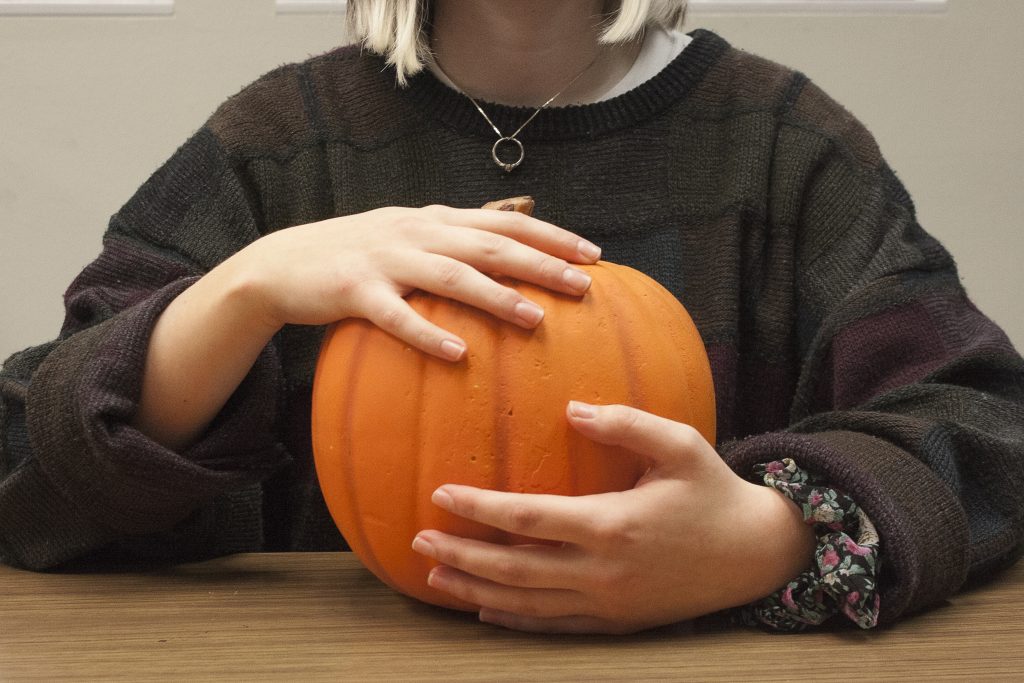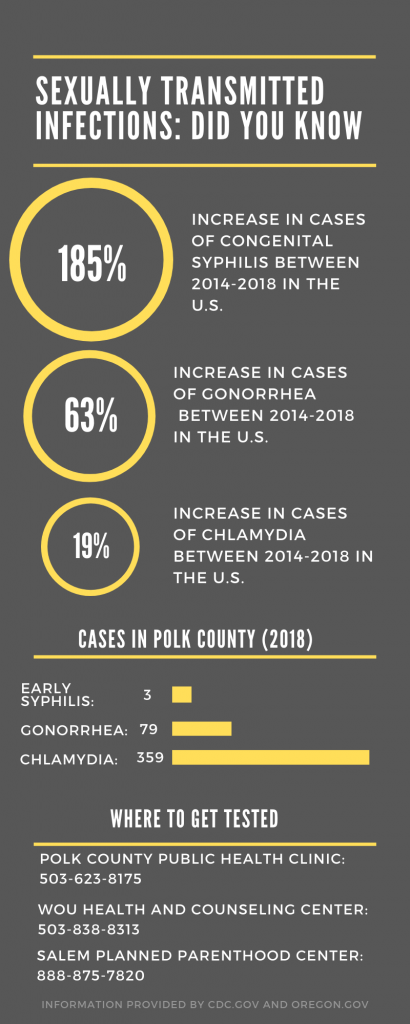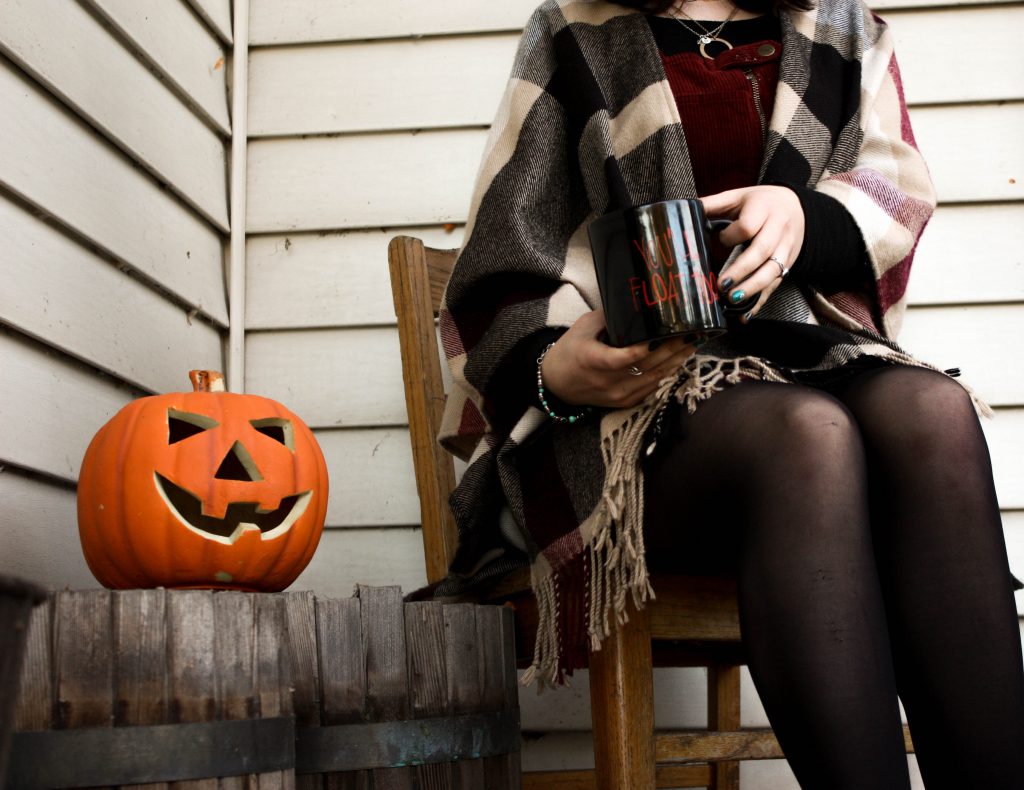Sage Kiernan-Sherrow | News Editor
New Year’s resolutions are a common trend in U.S. culture, and one of the more common resolutions I see is to “cut out” or avoid negativity and “toxic behavior.” While I believe that most people who have this as their resolution or general goal for their future don’t take it to the extreme, I find that the words “toxic” or “negative” are both conflated and overused as descriptors. Furthermore, that people would rather brand relationships or instances as one of the above instead of recognizing their own responsibility in a given situation or relationship is alarming to me. Wouldn’t people rather use their communicative skills to understand one another and mediate before cutting people out of their lives?
I would like to be clear about some things right off the bat. One, I am in no way addressing abusive relationships in this article; I am not an expert and while all abusive relationships are inherently toxic, not all toxic behaviors make someone abusive. Secondly, of course I believe that people can be toxic. Everyone has the ability to be toxic — and that’s something that we should recognize about ourselves. Everyone also has their own perspectives; what is your reality is not another’s and you might very well be the villain in someone else’s story. And yes, I believe that you can get to a certain point where having an individual in your life is no longer healthy or productive.
However, as I was researching this topic, I became increasingly aware that there is no specific definition of “toxic behavior,” yet there is a myriad of examples of that behavior — and I think that lends itself to some of the confusion.
Let’s imagine some scenarios for a moment. There is a difference between a friend who constantly puts you down and makes you feel insecure and a friend who can’t support you during your big presentation because they have other obligations. I’ve seen the latter framed as “toxicity” more than once when of course, it isn’t, and even regarding the former, wouldn’t you rather sit that friend down and discuss your feelings before dropping them or ghosting them? I think there is a shard of hypocrisy in calling something toxic in order to avoid growth and it’s awfully convenient that you’ve removed your own responsibility in what could have been a shared misunderstanding.
I believe that someone should have the chance to explain themselves in most scenarios. I also believe that it’s your choice whether or not to listen to their explanation. But maybe that friend you just labeled toxic isn’t aware of their behavior, or maybe they’re having a bad day, and maybe given a chance to change, they would.
I think that’s the biggest tell-all for if you can truly address someone as “toxic” — did they change their behavior? Remember, change takes time — it doesn’t happen overnight and it’s dependent upon reflection.
I’m not telling you how to feel, because everyone’s feelings are valid — I’m telling you to look at yourself and the situation holistically first. Maybe what would help your growth more isn’t avoidance and ostracization of the things that harmed you; maybe it takes vulnerability and effort to bloom.
Contact the author at howlnews@wou.edu










